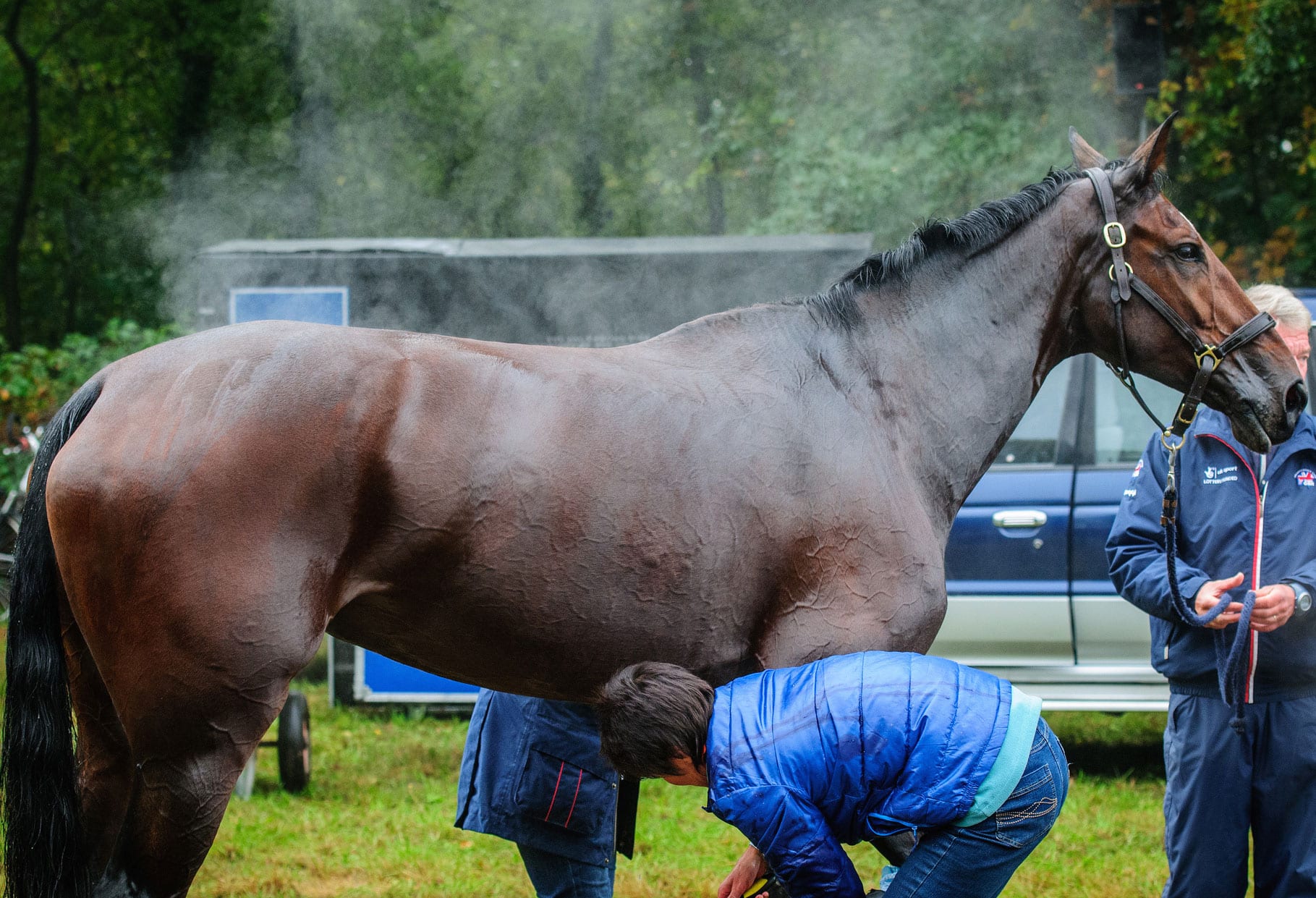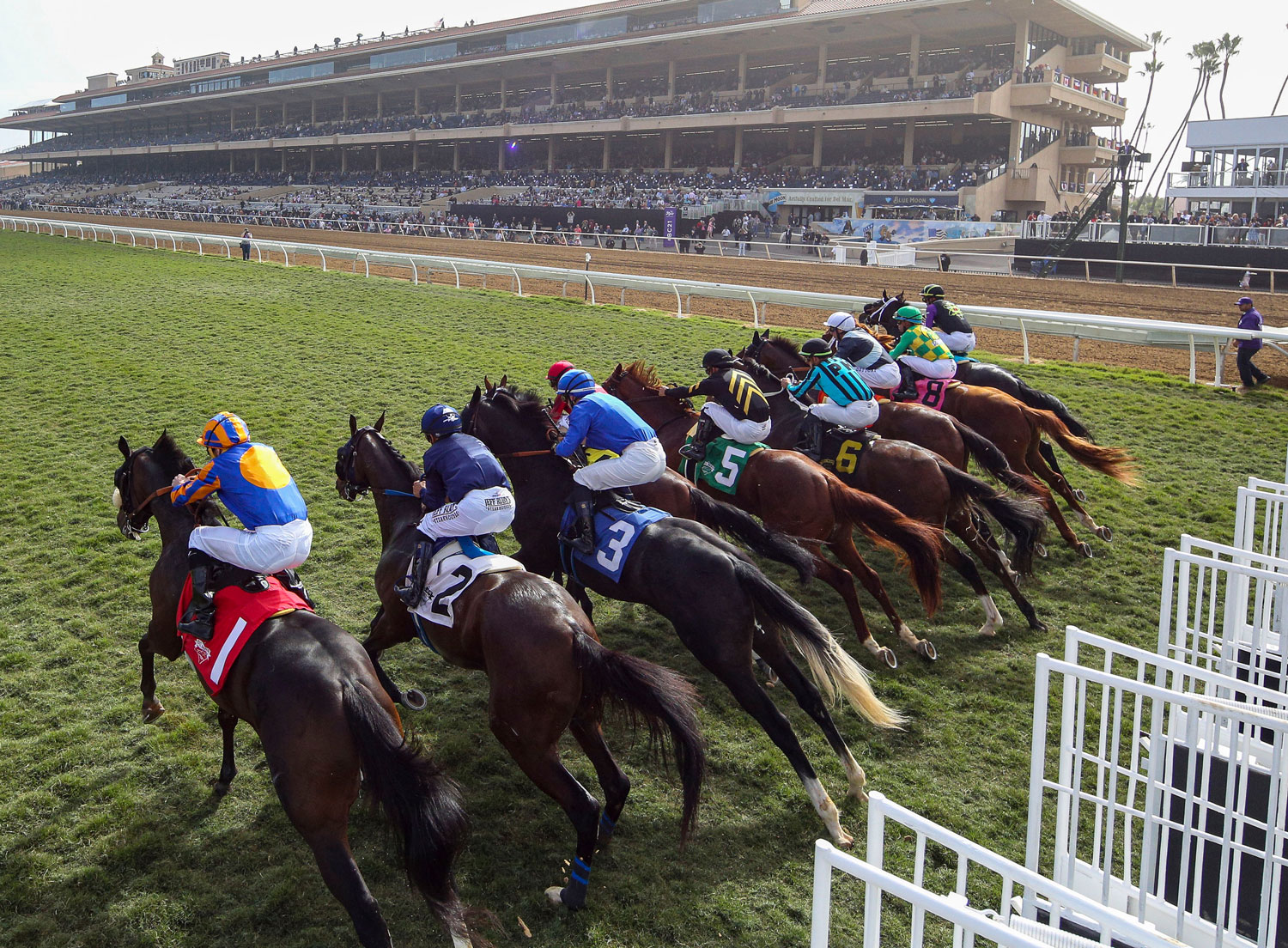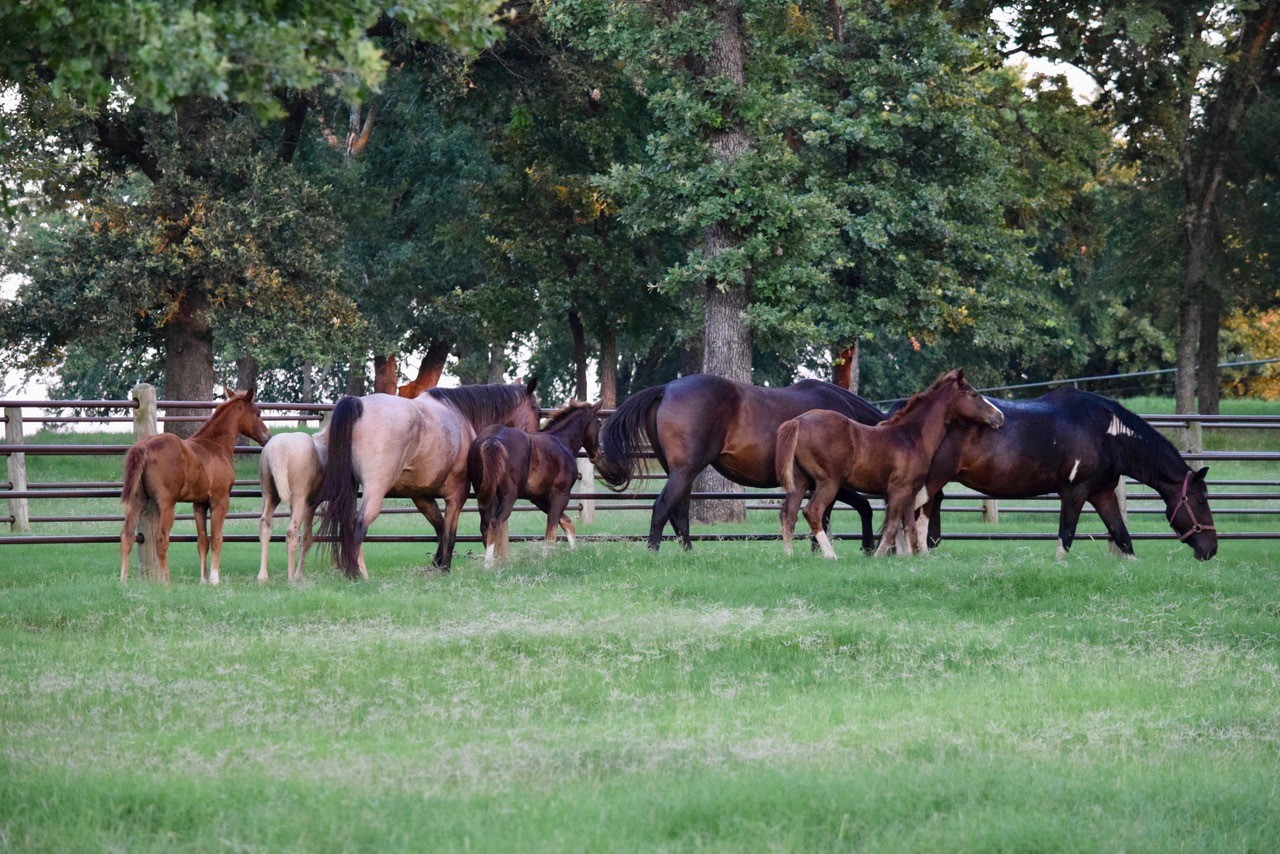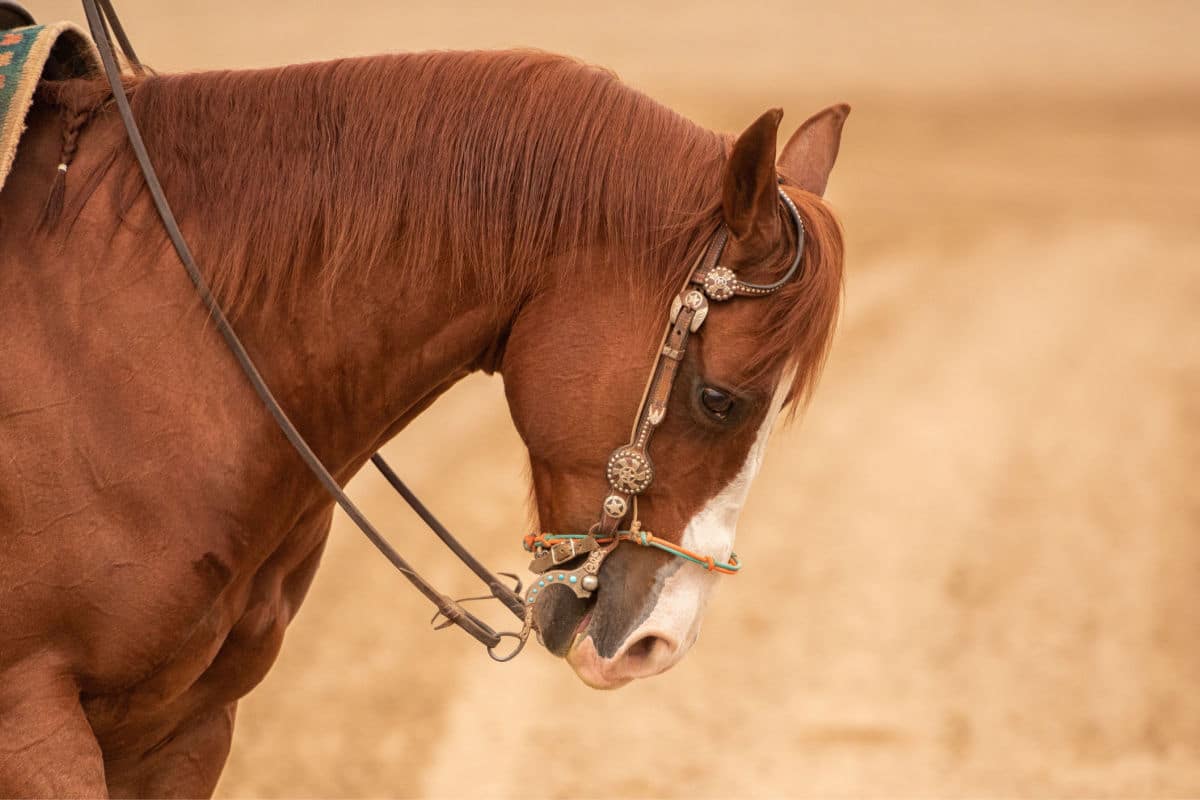You’ve just dismounted after a good ride, you and your horse are hot and sweaty and high on feel-good endorphins, and you head back to the stall to untack. Is removing the water bucket one of the first things you do?
For many of us, this is second nature. We were trained from day one in the barn to immediately pull food and water from the stall of a hot horse, whether from a hard workout, a hot day, or running the pasture. We know that letting a hot horse drink cold water is a potentially deadly combination that could cause colic or laminitis or cramping. Right?
The truth is, there is no physiological connection between colic and other health risks and giving water to a hot horse. On the other hand, withholding water from a hot horse is a recipe for a dangerous bout with dehydration.
Why This Myth Persists
There is no scientific indication that giving a hot horse water will cause colic or other problems. Instead, this centuries-old myth likely arose from anecdotal evidence – stories of hot or overworked horses that drank water and then colicked. From this, people then proceeded to draw the wrong conclusion.
The assumption was that: hot horse + cold water = colic, etc.
When the actual issue was that: overworked horse = heat stress = colic, etc.
A hot horse should be managed carefully and cooled down quickly, but withholding water is likely to cause more harm than good for a potentially dehydrated horse.
The Dangers of Dehydration in Horses
Horses working hard in high heat can lose as much as 2-3 gallons of sweat per hour. But the time and level of activity that influences how quickly dehydration sets in varies from horse to horse and differs with environmental and other factors. Even mild dehydration, though, impacts a horse’s well-being, so it’s important to mitigate as soon as possible.
Dehydration:
- reduces the horse’s ability to cool down
- contributes to heat stress and heat stroke
- slows muscle and energy recovery time
- decreases metabolism
- and increases the risk for impaction colic
…in addition to other negative effects on normal body function. These risks are exactly why a horse needs to have constant access to fresh, clean water – especially when overheated and recovering from exercise.
Water and Equine Digestive Function
Giving a hot horse water doesn’t cause colic, but withholding it may. That’s because dehydration is a contributing factor towards impactions in the equine gut.
Additionally, when a horse is working, energy that is typically spent on digestion is instead diverted towards the muscles and other systems. Gut motility – the surging action that moves food through the GI tract – may decrease. (For this reason, you should still remove all feed prior to and immediately after exercise.)
Thus, a hot, thirsty horse may be doubly at risk for colic.
Rehydrating the Hot Horse
Horses are amazing self-regulators when given the right environment. As temperatures rise, they drink more, naturally combating dehydration. Depending on what they are fed, an adult horse at rest drinks 6-10 gallons of water per day, and much more when in work.
Allow your horse to drink whenever possible, including short breaks throughout your ride when temperatures and humidity soar, and immediately after exercise. Here are some helpful tips for managing horses during hot weather and heavy work.
Also, be sure to know the signs of more serious dehydration that requires veterinary intervention.
In conclusion, there is no reason to withhold water from a hot horse – and there are many reasons why offering water free-choice during and after work improves recovery and may actually prevent health issues.
Photo by Archangel12 licensed via CC2.0.




